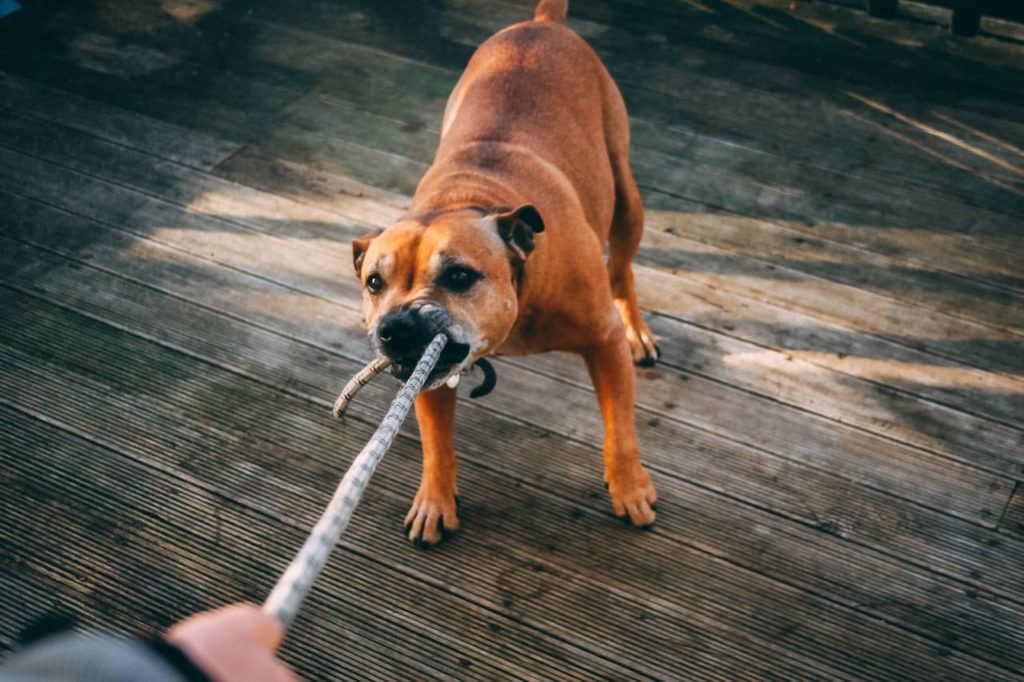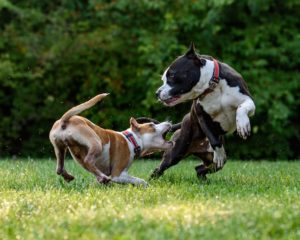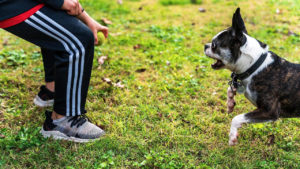

So, you are thinking about taking on a rescue dog!
As a dog behaviourist experienced in dog training, I can help you to make your decision and provide support for you in caring for and living with your new pet.
Why adopt a rescue dog?
Where should I get a rescue dog from?
Local Rescue Centre Organisations
There are many rescue centres around in the North West. The kennel club produces a rather thick brochure listing all the Kennel Club recognised organisations. In the North west there a few good rescue centres, a quick look on Google will
give you all their contact details. You should be aware that there are some so-called dog rescue organisations that are no more than a dog selling outlet that imports dogs for sale so go to a reputable local one which includes Freshfields animal rescue just outside Formby, Carly Lane, Liverpool, Dogs Trust, and The RSPCA.
Private sale
You will often find dogs advertised on the internet and Gumtree or by word of mouth (accidental mating). As a dog behaviourist I tend to find that dogs advertised on the Net or Gumtree for money, usually £100’s cheaper, are ones which I see often see as behaviour consultations and though you got the dog cheaper, it almost always ends up costing you a lot more in behaviour training and dog training. This is not to say that all advertised dogs are a problem, but I would strongly urge caution!
When you go to see and see a dog for sale or from a rescue centre see if you can see the dog interact with another dog not already in the household in which he lives. Take him for a walk, does he pull on the lead, will the pulling get worse, are you strong enough to accept this pulling. A dog pulling on a lead is the most common dog behaviour issue I come across, indeed, to the extent that the owner no longer wants to walk the dog as it has become such a chore. Does he react to other dogs when on a lead? Does he bark at other dogs on a lead? All this may become potential problems that need correctly through dog training.
Make sure you see him being fed and that he is happy to have people around whilst being fed; if he is guarding his food this will become a problem in your home as he becomes more settled. See how the dog behaves around toys that are on the floor, again will he growl if you try to pick one up? If there are no toys, why not? Does the dog look fit and well? Ask to see vaccination certificates, and pedigree papers if the dog is a pedigree!

Time to make your decision!
This is something that should not be taken lightly. The above suggestions are by no means an exhaustive list. But, sadly, many dogs which are adopted end up back in the system. Why? The following are some causes and explanations.

Still, want to adopt a rescue dog? I do hope so!
It is really important that you have thought this through and understand what to expect. The last thing a rescue dog needs is to be sent back to the rescue centre. Deciding to return a dog to rescue is emotionally draining for the new owner and is very difficult for the dog. Having made the decision to get a rescue dog, here is some more information which might help! Good luck, however, if you have done your homework you will not need luck, and do give me a call if you have any questions!
Do's - Remember a dog has emotions. They learn by association. It is a scientific fact that canines have at least primary emotions and there is much research into whether or not dogs have secondary emotions such as jealousy.
Do not stress, whatever your dog does! If you stress this will travel down the lead and make your dog stressed. Read about “calming signals” so you are able to understand your dog even more. If you are stressed your dog will be!
Clicker Train your dog using treats. Look for a dog trainer who uses positive and kind techniques in dog behaviours, and importantly, shows you how to fade or even remove any existing bad dog behaviours. There are an increasing number of good trainers in this area but if you have a rescue dog you will need a trainer who understands dog behaviour. Do check the dog training class before you join to make sure you are happy with the techniques used and that the class is small and under control or will private one to one lessons be more suitable.
Some dogs have not suited to class-based dog training until they have been rehabilitated.

Don't - Don't take an aggressive dog to dog training sessions unless you have informed the trainer first. Leave your dog in the car until the trainer is ready. The dog trainer should have discussed a plan with you prior to training. A lot of rescue dogs will be nervous so taking them to a class with other dogs will cause more stress to you and your dog, even to the others in the class. You will need to rehabilitate him before joining a class. A dog behaviourist should be able to help you.
Don't punish your rescue dog - no matter what the provocation.
Do not over compensate for your rescue dog's sad past by giving too much un-earned affection or spending too much time with them as this generally creates additional problems in the long run. Rescue dogs tend to try to bond very quickly with their new owner and get more worried about being left alone. If you work and need to leave your rescue dog for a period start off by leaving them for a short while in another room with a well stuffed “frozen” kong. I fill a kong with treats and then put peanut butter along the top, wipe it in cling film and then freeze it. It lasts longer. Gradually build on the amount of time you leave them.
If you have read this you may feel daunted! I really don't want to put you off, but it is important to realise that this is a big step to take. I hope this helps you to make the right decision and adopt a rescue dog in the full knowledge of what you may expect.
If you would like advice about taking on a rescue dog, or dog training and dog behaviourist sessions for rescue dogs, please contact me.
Dog Trainer Thailand
2/4 Moo7 Soi 63 Chaoafa Road Chalong Phuket 83130dogtrainerthailand.com © 2023